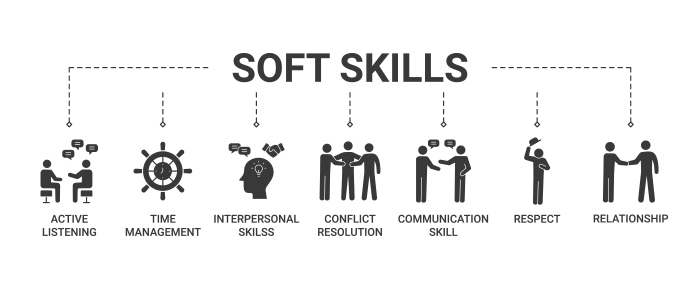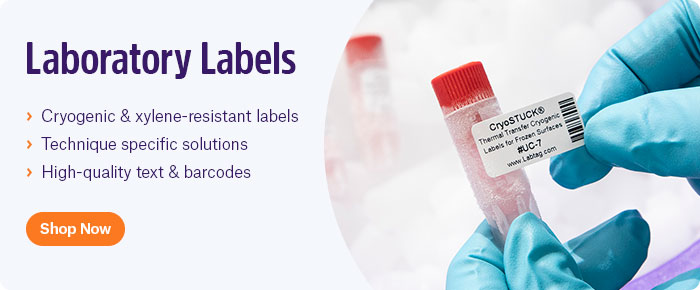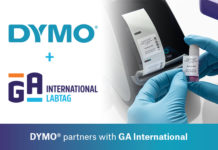
Unlike “hard” skills, which are directly associated with carrying out specific tasks in the lab, “soft” skills are those related to communication and teamwork. While much labwork is carried out individually, cohesion among all personnel in the lab can promote higher productivity and efficiency as well as improved safety. Here are several soft skills that should be considered when working in a lab, along with steps to improve them.
Communication
As a scientist, this might be the most important soft skill worth developing. Communication takes on various forms, from being able to disseminate research findings to both small and large audiences as well as interacting with others in the lab. Obtaining precise information is also critical, so being able to actively listen is necessary.
Emotional intelligence
Emotional intelligence is secondary to communication and active listening, which details one’s ability to understand and empathize with others’ emotions and viewpoints. It requires a sense of self-awareness, awareness of others in the lab, and an ability to gauge the impact of different emotions. Emotional intelligence can be instrumental in the lab to detect another’s level of stress.
Problem solving and creativity
This soft skill is directly intertwined with hard skills, requiring a thorough understanding of the work at hand to solve problems. Similarly, creativity is a valuable tool when problem-solving and integral to lab work. Both of these skills are often the drivers of innovation, and without them, practical lab work would be nearly impossible.
Work ethic and self-motivation
While this soft skill is not inherently teachable, it can be developed through self-awareness of your responsibilities and identifying the factors that motivate you towards reaching your goals. By realizing what drives you in the lab, it is possible to look for opportunities that serve these goals and putting yourself in desirable situations rather than situations that do not fit your professional needs. Working with the right people is also key, as you are more likely to work harder for those whose company you appreciate than others who you don’t.
Conflict resolution
Conflict at some point in the workplace is inevitable, especially in the lab, where scientists often have differing opinions. To help steer conflict into something beneficial rather than mere in-fighting, it’s necessary to learn how to resolve conflicts by being able to see each lab member’s perspective and looking for win-win situations. Once solved, these conflicts can often lead the way toward new discoveries or improved managerial processes.
Teamwork and collaboration
Working in a team is a must in the lab, whether it’s a research or medical lab. To do so, one must have a sense of accountability and dependability towards the team, as well as the ability to trust others to manage their own tasks. All other soft skills also play into teamwork, from communication to conflict resolution, emotional intelligence, and problem-solving.
Assessing soft skills in practice
In a survey published in 2017 by Gilbert et al.,1 the skill most often deemed “always important” was inspiring moral trust, followed by emotional intelligence, strategic thinking, and empowering the talents of others. While most respondents thought all skills listed could be learned or improved to some extent, certain skills, like emotional intelligence, initiative, and flexibility, were thought of by more than 25% of respondents as skills associated only with personality.
Interestingly, not all candidates were well-equipped to assess soft skills during recruiting, with a sizeable 30% stating they could only assess these skills to a small degree, and 18% of respondents thought collaborations were only sometimes or hardly ever productive. Thus, while the clear majority realize the benefit of soft skills, especially regarding working in a team, there still remains work to be done regarding educating on the importance of soft skills and how they can move a lab towards a more cohesive and productive unit.
LabTAG by GA International is a leading manufacturer of high-performance specialty labels and a supplier of identification solutions used in research and medical labs as well as healthcare institutions.
Reference:
- Gilbert A, et al. Teamwork, Soft Skills, and Research Training. Trends Ecol Evol. 2017;32(2):81-84.


